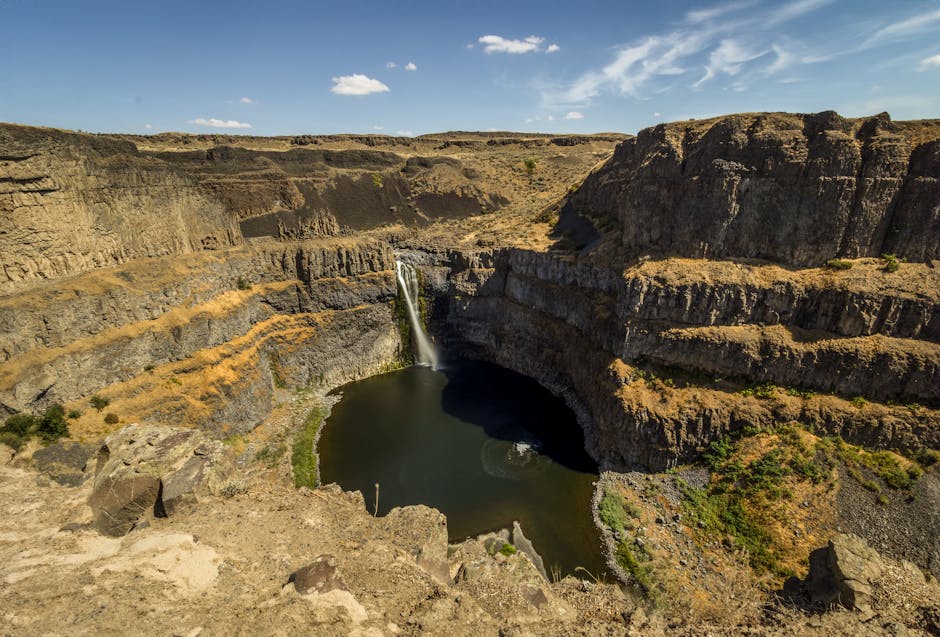The kuamangmedia.biz.id Blog
The latest articles, tips, and insights from kuamangmedia.biz.id.

Adventure Time's 'Slumber Party Panic': A Surprisingly Deep Dive into Childhood Anxiety
Adventure Time's vibrant colors and fantastical world often mask surprisingly mature themes. 'Slumber Party Panic,' the show's pilot episode, isn't just about a magical slumber party gone wrong; it's a surprisingly insightful portrayal of childhood anxieties surrounding friendships, the unknown, and the complexities of growing up. Let's delve into how this seemingly silly episode cleverly tackles these deep-seated feelings.
Read Article →
Jurassic Park Rapids: Engineering a Prehistoric Waterpark – Behind the Scenes
Forget the dinosaurs – let's talk about the *real* monsters of Jurassic Park Rapids: the pumps, the pipes, and the sheer logistical nightmare of bringing a prehistoric world to life in a water park. Building a ride like this isn't just about thrills; it's a testament to incredible feats of engineering, pushing the boundaries of water park design and demanding solutions to problems that would make even a velociraptor cower. Join me as we delve into the unseen complexities behind this exhilarating attraction.
Read Article →
Adventure Time's Enduring Legacy: How Finn & Jake Shaped a Generation's Imagination
Adventure Time, a seemingly whimsical cartoon, resonated far beyond its target audience. Finn and Jake's escapades weren't just about candy kingdoms and magical swords; they were a subversive exploration of identity, loss, and the power of friendship, leaving a surprisingly profound impact on a generation's imaginative capacity and emotional intelligence. This article delves into the unexpected ways this show fostered creative thinking and emotional maturity in its viewers.
Read Article →
Beyond the Candy Kingdom: Unmasking the Surprisingly Dark Psychological Undertones of Adventure Time's Ooo
Adventure Time's Land of Ooo, a seemingly fantastical realm of candy and magic, belies a deeper, more unsettling reality. Beneath the vibrant colors and quirky characters lies a complex tapestry of psychological themes, from trauma and identity crises to the search for meaning in a chaotic world. Let's delve into the surprisingly dark undercurrents of this beloved cartoon, unearthing the hidden psychological depths that make Ooo so compelling.
Read Article →
American Adventure: Uncovering the Hidden Histories That Shaped Our National Parks
Beyond the breathtaking vistas and awe-inspiring natural beauty, America's National Parks hold secrets. These aren't just pristine wilderness areas; they're living museums, silently whispering stories of forgotten battles, pioneering settlements, and the complex legacies of Indigenous peoples. Join us as we delve into the hidden histories that shaped these iconic landscapes, revealing a deeper understanding of the American adventure.
Read Article →
Adventure Time's Final Season: A Surprisingly Profound Exploration of Existential Dread
Adventure Time, a show known for its whimsical humor and candy-colored landscapes, surprised many with its surprisingly dark and introspective final season. While ostensibly a children's program, its conclusion grapples with profound existential questions, leaving viewers to confront the unsettling reality of mortality and the search for meaning in a chaotic world. We'll delve into how this seemingly lighthearted show delves into the complexities of human existence.
Read Article →
Thrillz Adventure Park: Conquer Your Fears, Unleash Your Inner Superhero
Forget the Instagram-worthy photos for a moment. At Thrillz Adventure Park, the real adrenaline rush comes not just from the zip lines and climbing walls, but from confronting your inner demons. This isn't just about conquering physical heights; it's about scaling the mountains of self-doubt and emerging victorious, a newfound superhero in your own life.
Read Article →
Desert Falls: Beyond the Slides – Unveiling the Hidden Ecology of an Adventure Park
Towering slides and rushing water – Desert Falls promises thrills, but beneath the surface of this manufactured oasis lies a complex story. While adventure parks often prioritize excitement, a closer look reveals the delicate balance between human recreation and the fragile desert environment. This investigation explores how Desert Falls navigates this challenge, examining both its successes and areas for improvement in ecological stewardship.
Read Article →
The Anti-Vacation Vacation: Finding Rest Without the Resort
Are you tired of the vacation paradox? The stress of planning, the expense, and the feeling that you're always just 'catching up' after returning? What if true rest and rejuvenation didn't require a passport or a hefty price tag? This article explores a different approach – the 'anti-vacation,' focusing on intentional downtime and mindful practices to achieve profound relaxation without leaving your own backyard.
Read Article →
Airhouse Adventure Park: Conquer Your Fears, Unleash Your Inner Child (And Maybe Find Your Next Career)
Remember the thrill of climbing the monkey bars as a kid? Airhouse Adventure Park isn't just a nostalgic trip down memory lane; it's a crucible forging unexpected skills and confidence. From problem-solving in the ropes courses to the teamwork required for some challenges, I discovered that this seemingly simple amusement park holds a surprising lesson about career development and self-discovery.
Read Article →